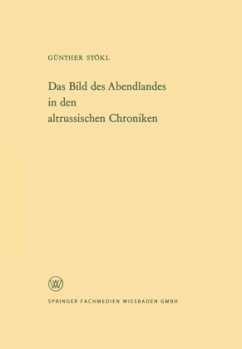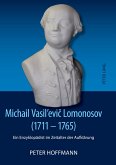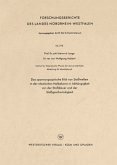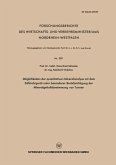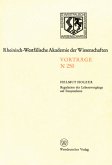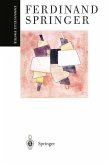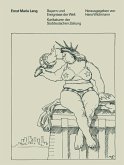Anyone who wishes to discover how the old Russian chroniclers pictured the Latin world of the West will immediately meet with serious difficulties. These are in part due to uncertainties in the transmission of their texts: there are centuries between the events which are described and the manu scripts that have been preserved concerning the Kiev empire. These difficulties are also to some extent due to the religious schisms that existed between the Eastern and Western church: Orthodox clerics who wrote the chronicles in Russia during the Middle Ages deliberately ignored any contact with the Latins, decisively influenced by Byzantinism as they were. A corrective to this theoretical one-sidedness was, however, supplied by the practical contact that existed with neighbouring countries who had adhered to the West; but the old Russian chronicles tell us little even of the Poles, the Hungarians and the Bohemians. When the Kiev empire collapsed and with the emergence of new local centres of authority, Russian views began to change. The Principality of Galicia-Volhynia in the south-west adjoined the West. 1ts chroniclers were well acquainted with their Latin neighbours and exhibited no particular malice towards them. Novgorod in the north-west also maintained close contacts with the West, with the knights of the "Deutscher Orden", and with the merchants of the hanseatic cities. These contacts were, however, merely passive on the one side and were conf1ned to the Baltic area.
Hinweis: Dieser Artikel kann nur an eine deutsche Lieferadresse ausgeliefert werden.
Hinweis: Dieser Artikel kann nur an eine deutsche Lieferadresse ausgeliefert werden.

